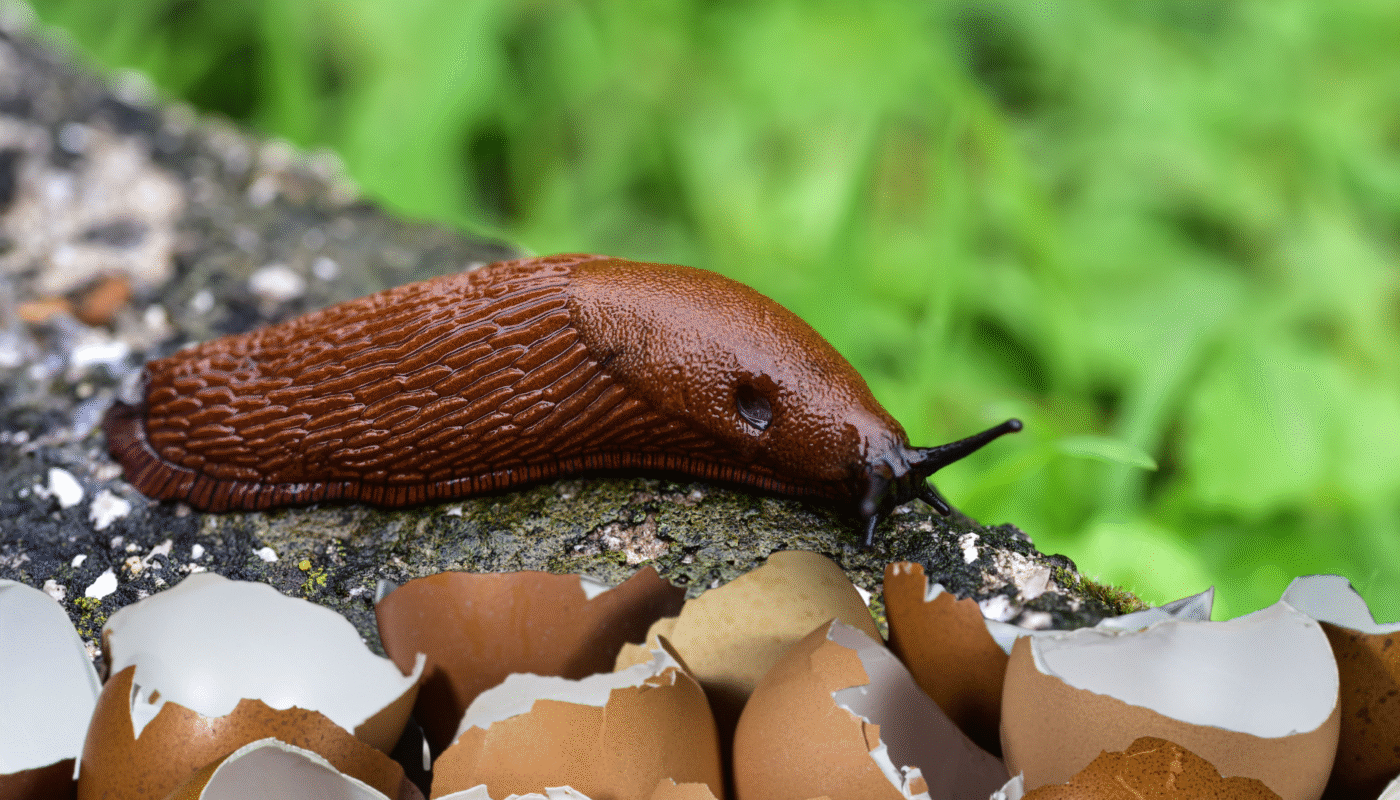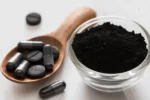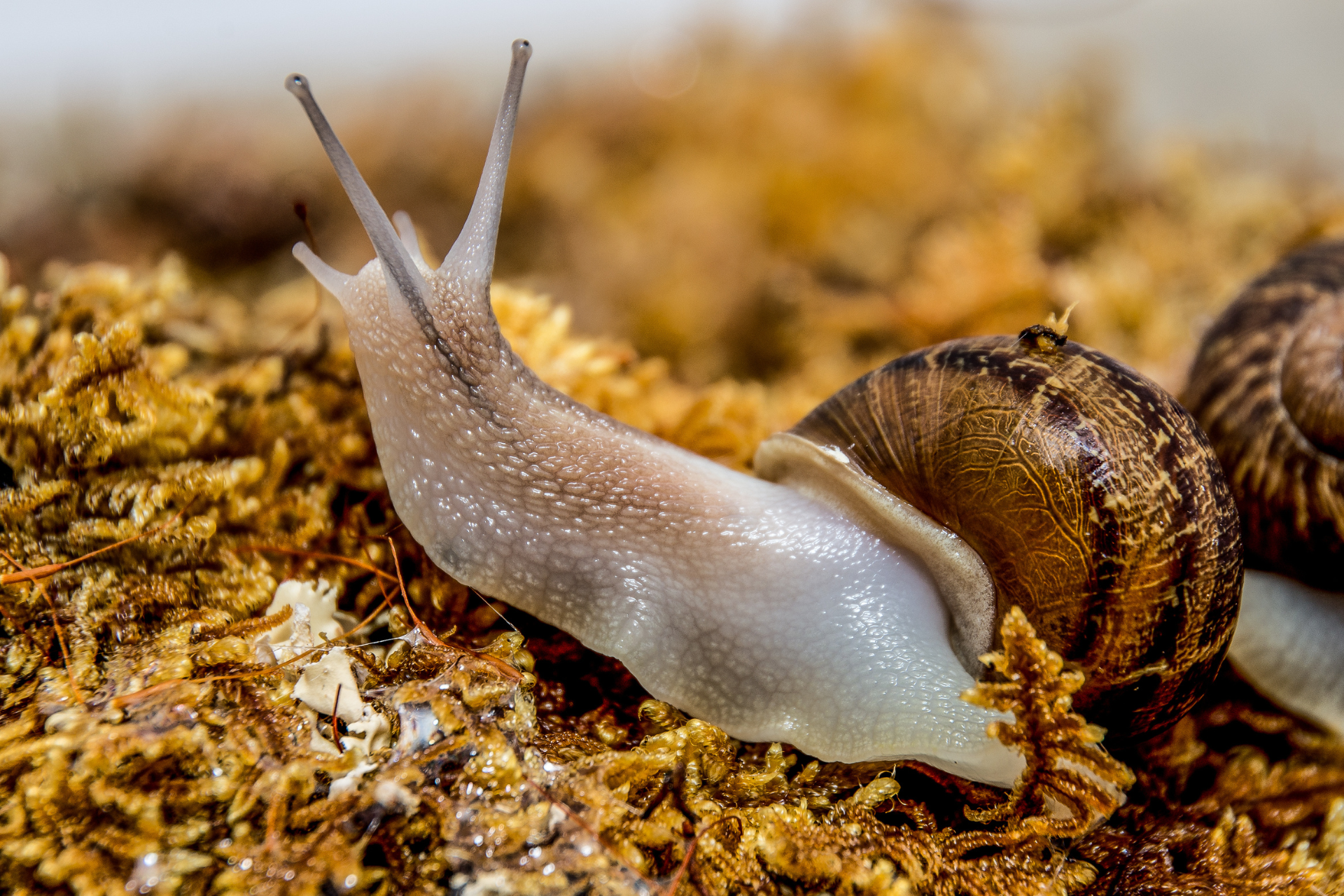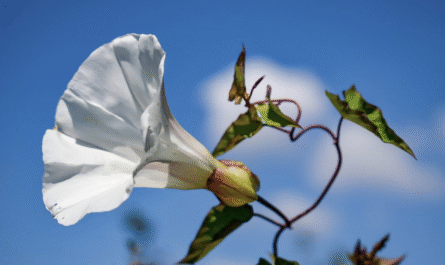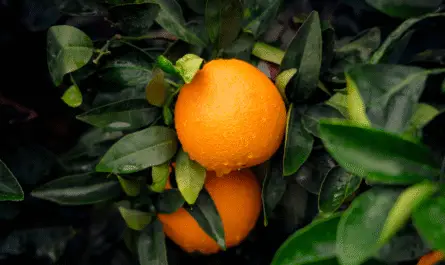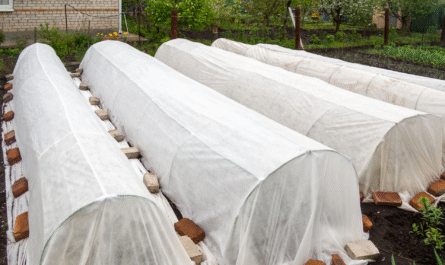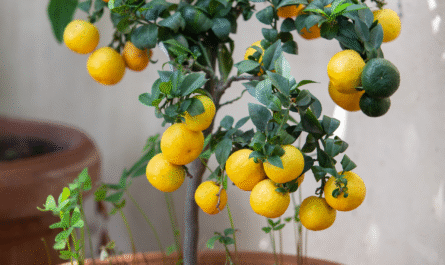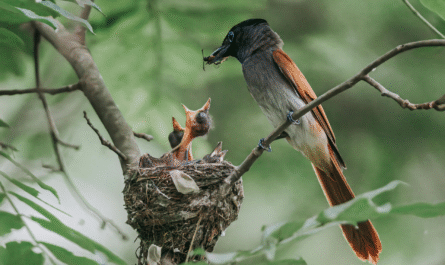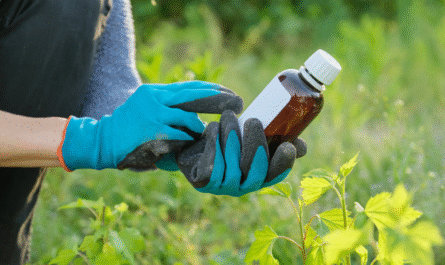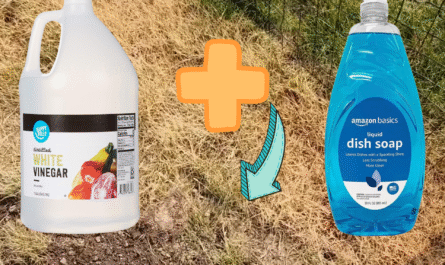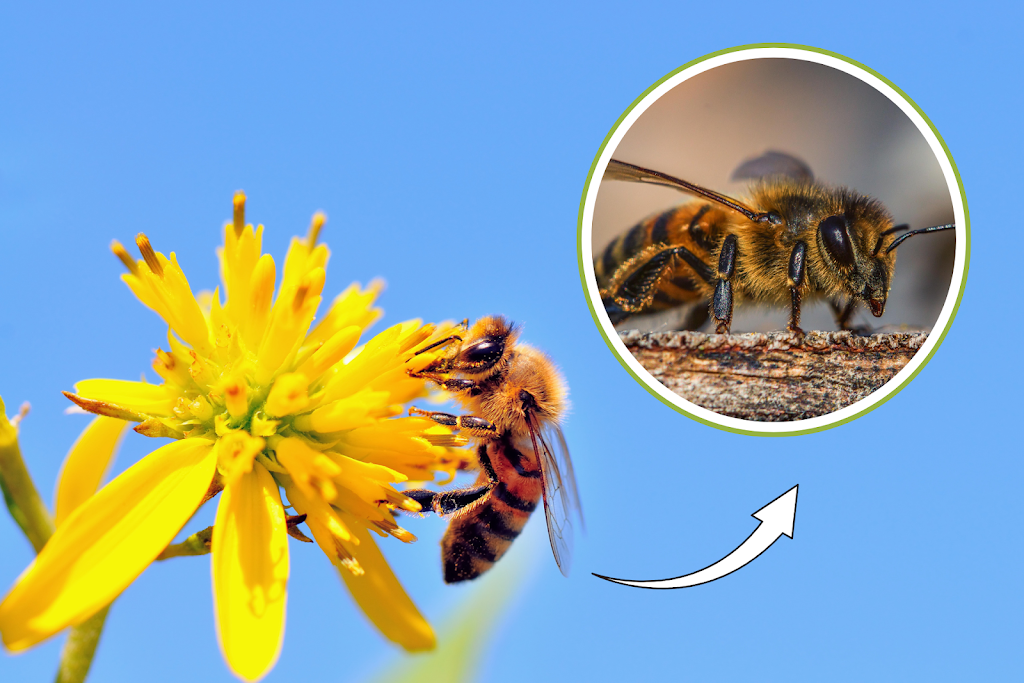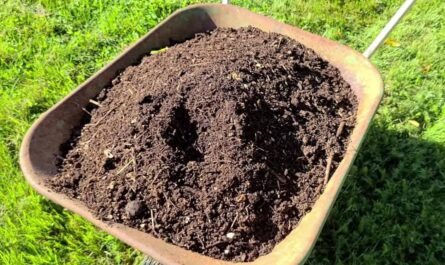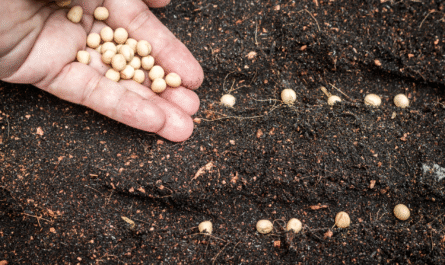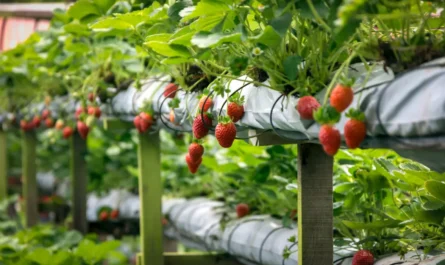The practice of using crushed eggshells to deter slugs has become popular. The premise is simple: scatter crushed eggshells around plants to create a barrier that slugs, with their soft bodies, would find too abrasive to cross. But does this method hold up under scrutiny?
This article delves into the effectiveness of using crushed eggshells as a slug deterrent, examining scientific studies, expert opinions, and practical considerations to comprehensively understand this widely debated gardening practice.
The Rationale Behind Using Eggshells
The belief in eggshells as a slug deterrent stems from the idea that the sharp, jagged edges of crushed shells create an uncomfortable or even injurious surface for slugs to traverse.
Given that slugs have soft, unprotected bodies, it’s assumed that they would avoid such barriers to prevent harm.
Additionally, eggshells are rich in calcium carbonate, leading some gardeners to believe they might offer chemical deterrent properties or at least enrich the soil while serving as a physical barrier.
Scientific Evaluations and Expert Opinions
1. Royal Horticultural Society (RHS) Study
A notable study conducted by the Royal Horticultural Society tested the efficacy of various home remedies, including crushed eggshells, in deterring slugs and snails.
The study involved growing lettuces with different treatments: eggshells, copper tape, horticultural grit, pine bark mulch, wool pellets, and a control group with no treatment.
The findings were clear: there was no significant difference in slug and snail damage between the treated and untreated plants. The RHS concluded that these traditional methods, including eggshell barriers, did not provide effective protection against these pests.
2. Observations from Garden Experts
Nathan Heinrich, a horticulturist and botanical designer, has observed that slugs and snails can easily glide over sharp objects, including crushed eggshells, without harm. He notes that these pests have the ability to traverse even razor blades, rendering eggshell barriers ineffective.

Similarly, Jeff Gillman, in his book “The Truth About Garden Remedies,” recounts experiments where slugs were placed in the center of a paper plate surrounded by a barrier of crushed eggshells. The slugs crossed the barrier without hesitation, indicating that the eggshells did not deter them.
Practical Considerations and Limitations
Slug Physiology and Behavior
Slugs produce a layer of mucus that allows them to move across various surfaces, including those that are sharp or abrasive. This mucus acts as a protective barrier, enabling them to traverse crushed eggshells without injury.
Environmental Factors
Eggshell barriers are susceptible to environmental conditions. Rain or watering can quickly degrade the barrier, making it less effective. Maintaining an effective eggshell barrier would require frequent reapplication, which may not be practical for many gardeners.
Potential Attraction Rather Than Deterrence
Interestingly, if eggshells are not thoroughly cleaned before use, residual egg white or membrane can emit odors that attract slugs rather than repel them. This counterproductive effect underscores the importance of proper preparation if one chooses to use eggshells in the garden.
Alternative Slug Control Methods
Given the limited effectiveness of eggshells, gardeners may consider alternative methods for slug control:
- Handpicking: Regularly inspecting plants and removing slugs by hand can be effective, especially in small gardens.
- Beer Traps: Slugs are attracted to the yeast in beer. Placing shallow containers filled with beer at soil level can lure and drown them.
- Copper Barriers: Copper tape or mesh can deter slugs due to a reaction between the metal and the slug’s mucus, creating a mild electric shock.
- Natural Predators: Encouraging the presence of birds, frogs, and hedgehogs can help control slug populations.
- Nematodes: These microscopic worms can be introduced into the soil, where they infect and kill slugs. This method is environmentally friendly and safe for other wildlife.
Final Thoughts
While the use of crushed eggshells as a slug deterrent is a popular and environmentally friendly idea, scientific studies and expert observations suggest that this method is largely ineffective.
Slugs’ natural mucus production allows them to navigate over sharp surfaces without harm, and environmental factors can quickly diminish the barrier’s effectiveness.
Gardeners seeking to protect their plants from slugs should consider more reliable methods, such as handpicking, beer traps, copper barriers, encouraging natural predators, or introducing nematodes. These approaches have demonstrated greater efficacy in managing slug populations and safeguarding garden plants.
Note: This article is based on current research and expert opinions. Gardeners are encouraged to consider their specific circumstances and consult local horticultural resources for tailored advice.

